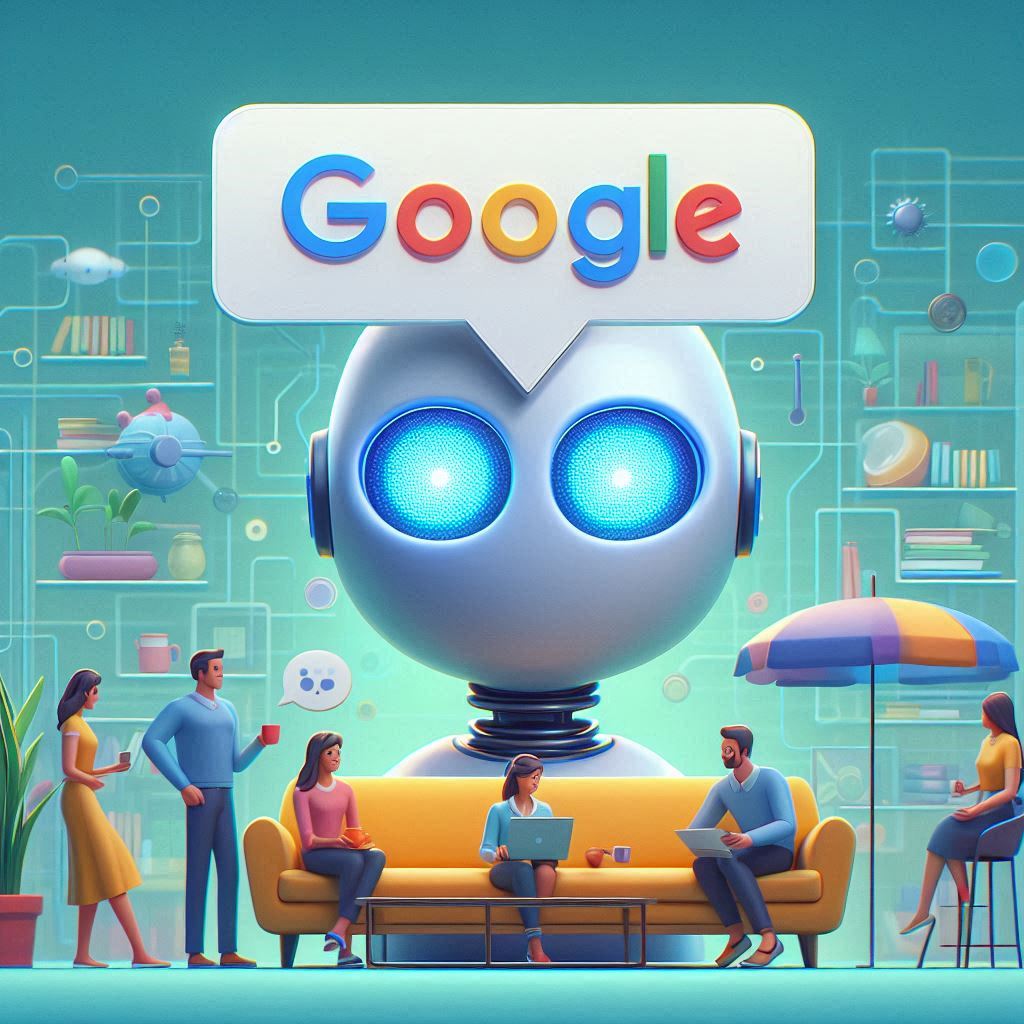
OpenAI has introduced a new prototype search feature, SearchGPT, aimed at revolutionizing how users find information online. This innovative tool promises faster and more conversational search experiences, presenting a direct challenge to established search giants like Google.
SearchGPT, currently available to a select group of testers, is set to be integrated into OpenAI’s ChatGPT. The tool aims to enhance search by providing real-time information and enabling users to engage in follow-up questions, mimicking a natural conversation.
OpenAI’s CEO, Sam Altman, expressed enthusiasm for the new search approach. “I have been pleasantly surprised by how much I prefer this to old-school search and how quickly I adapted,” Altman said. He believes the new feature can significantly improve how people search the internet, making the process more intuitive and efficient.
Currently, ChatGPT offers a search function through Bing, but it only provides a list of links relevant to user queries. In contrast, SearchGPT seeks to transform the search experience by integrating real-time web information with conversational AI capabilities.
Early testers of SearchGPT include prominent publishers such as News Corp, the Associated Press, and Axel Springer. These partnerships are intended to help OpenAI gauge how well the tool handles diverse content and respects journalistic standards. Nicholas Thompson, CEO of The Atlantic, highlighted the importance of building search technology that values and protects content creators.
SearchGPT's design also ensures it can access information from sites that have opted out of OpenAI’s training data, making it a distinct tool from OpenAI’s existing generative AI models.
While SearchGPT is still in the prototype stage, users interested in the new search experience can sign up for a waitlist to be notified when it becomes more widely available. This development follows earlier speculation about OpenAI's search ambitions and its efforts to attract Google talent for a search-focused project.
Altman previously described traditional search as “boring” and suggested that OpenAI's goal was not to create a mere copy of existing search engines but to fundamentally enhance how people discover and act on information. This sentiment reflects the broader vision behind SearchGPT, aiming to offer a more dynamic and interactive search experience.
As OpenAI continues to refine and expand its AI capabilities, the launch of SearchGPT represents a significant step towards reshaping how users navigate and interact with online information.